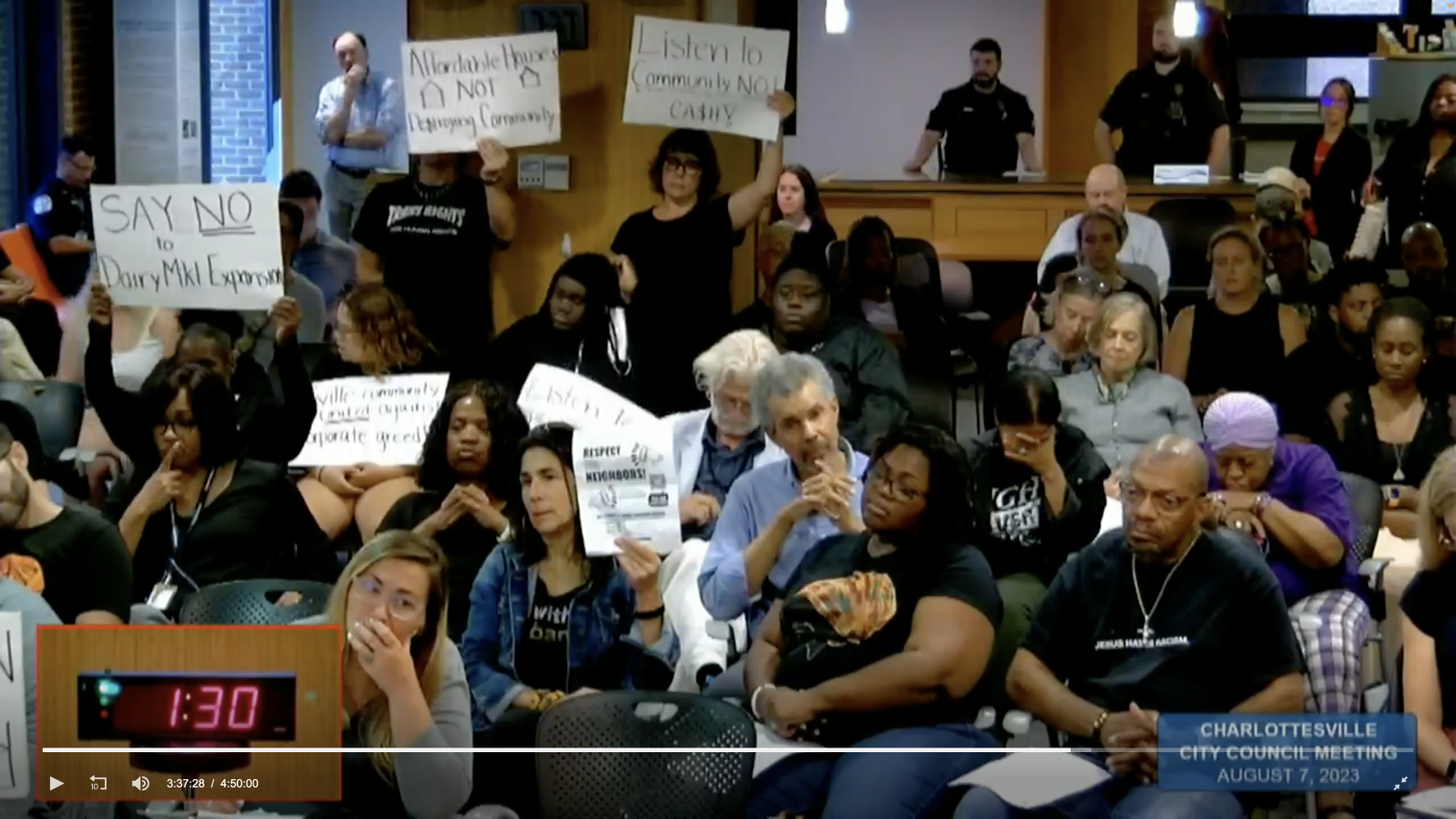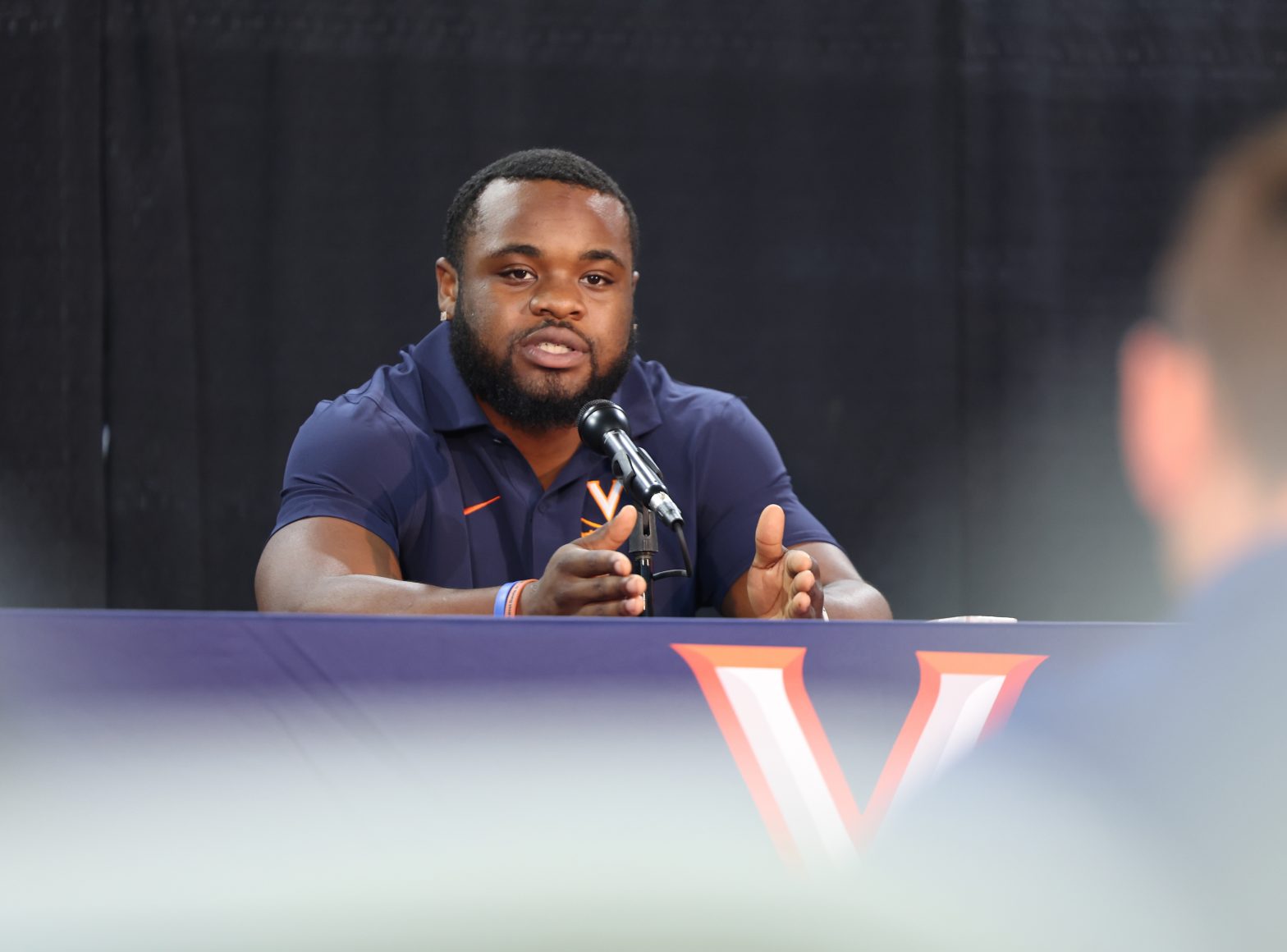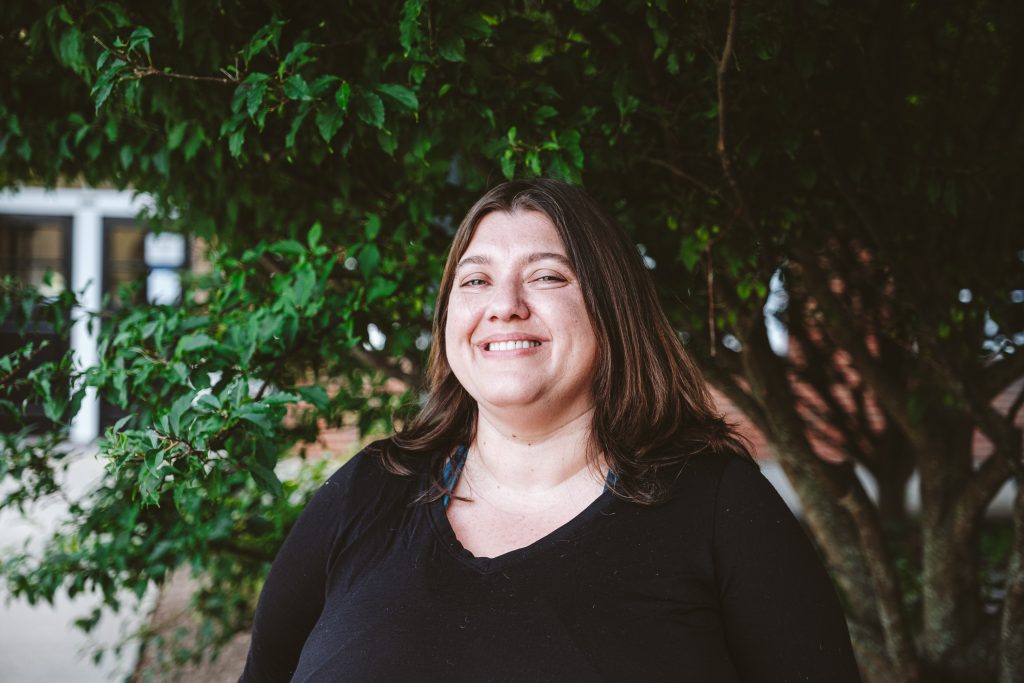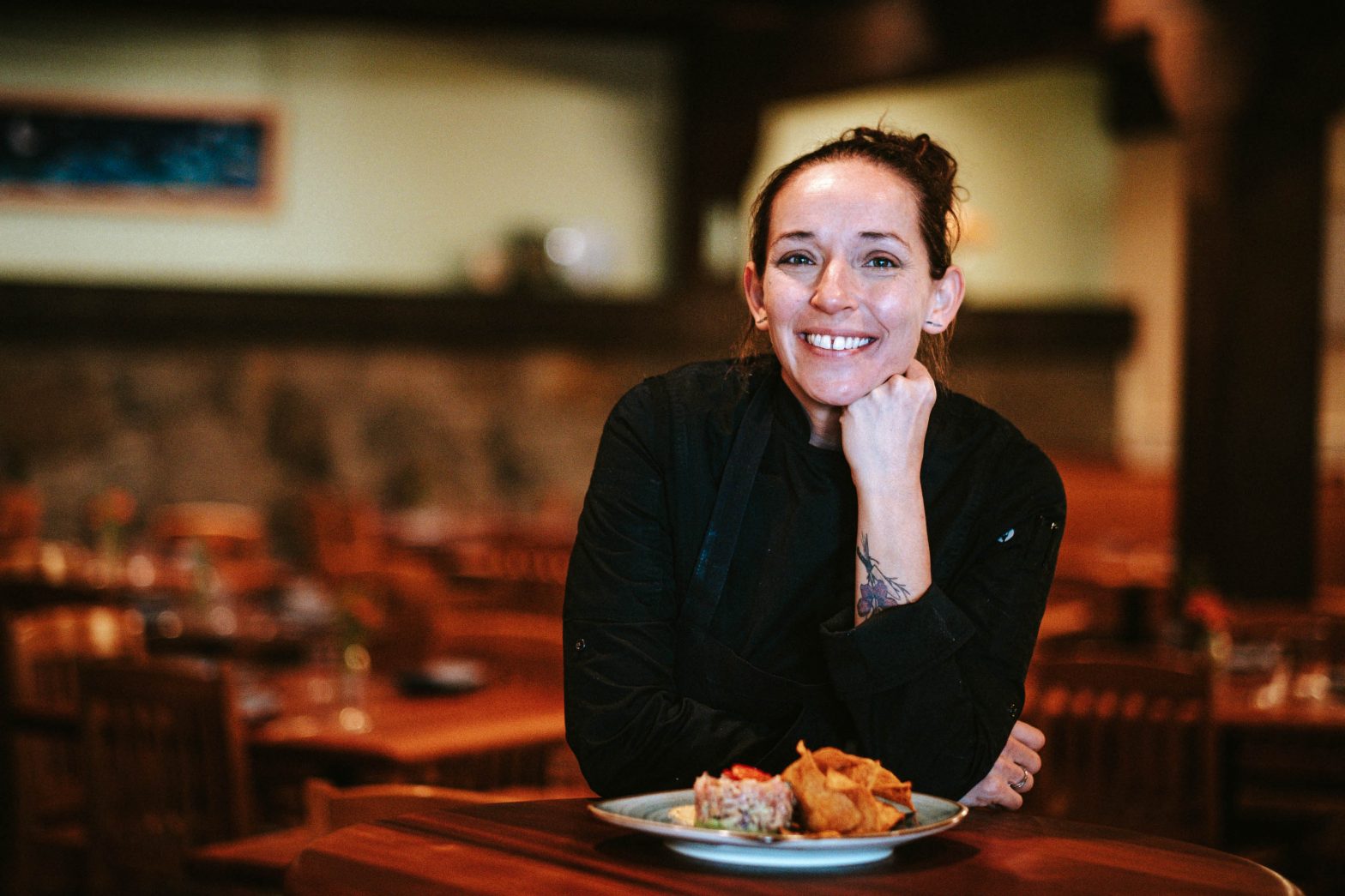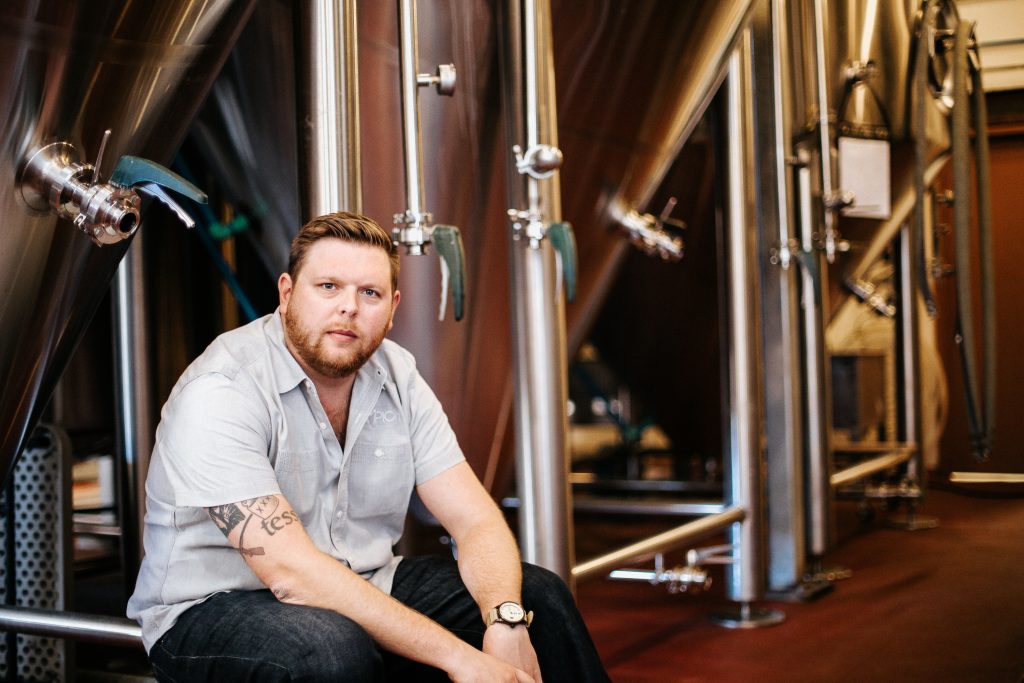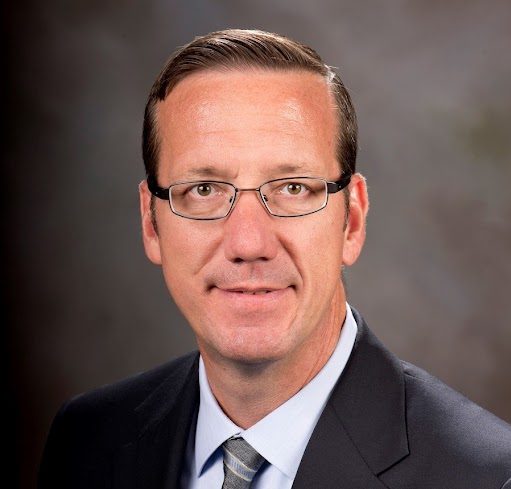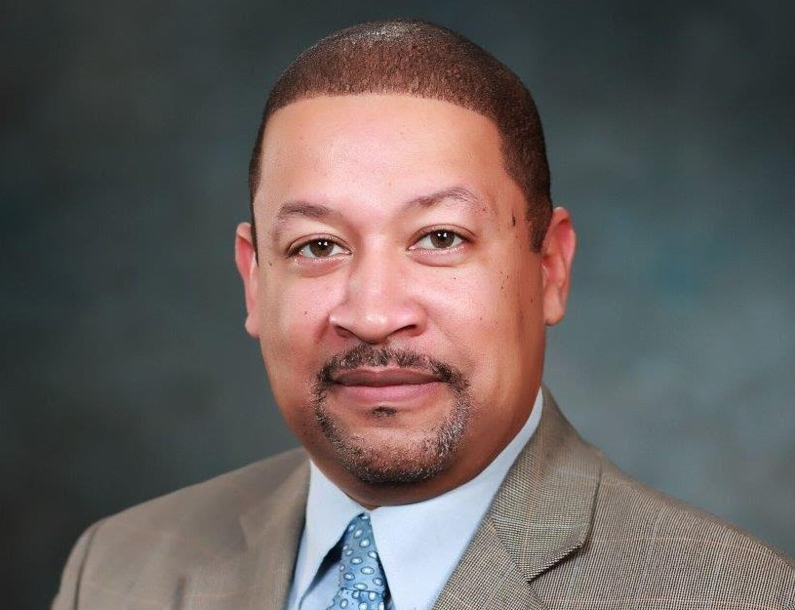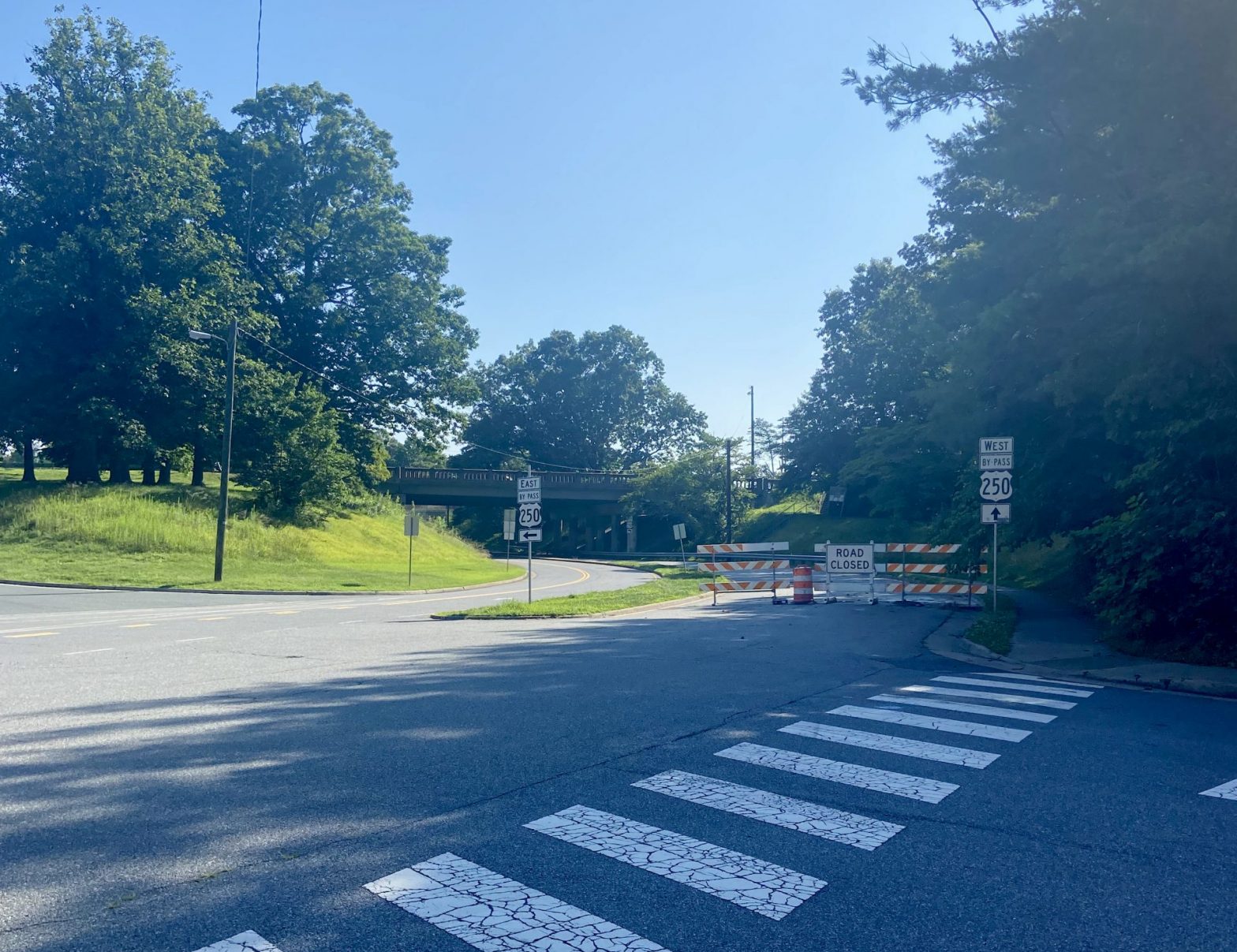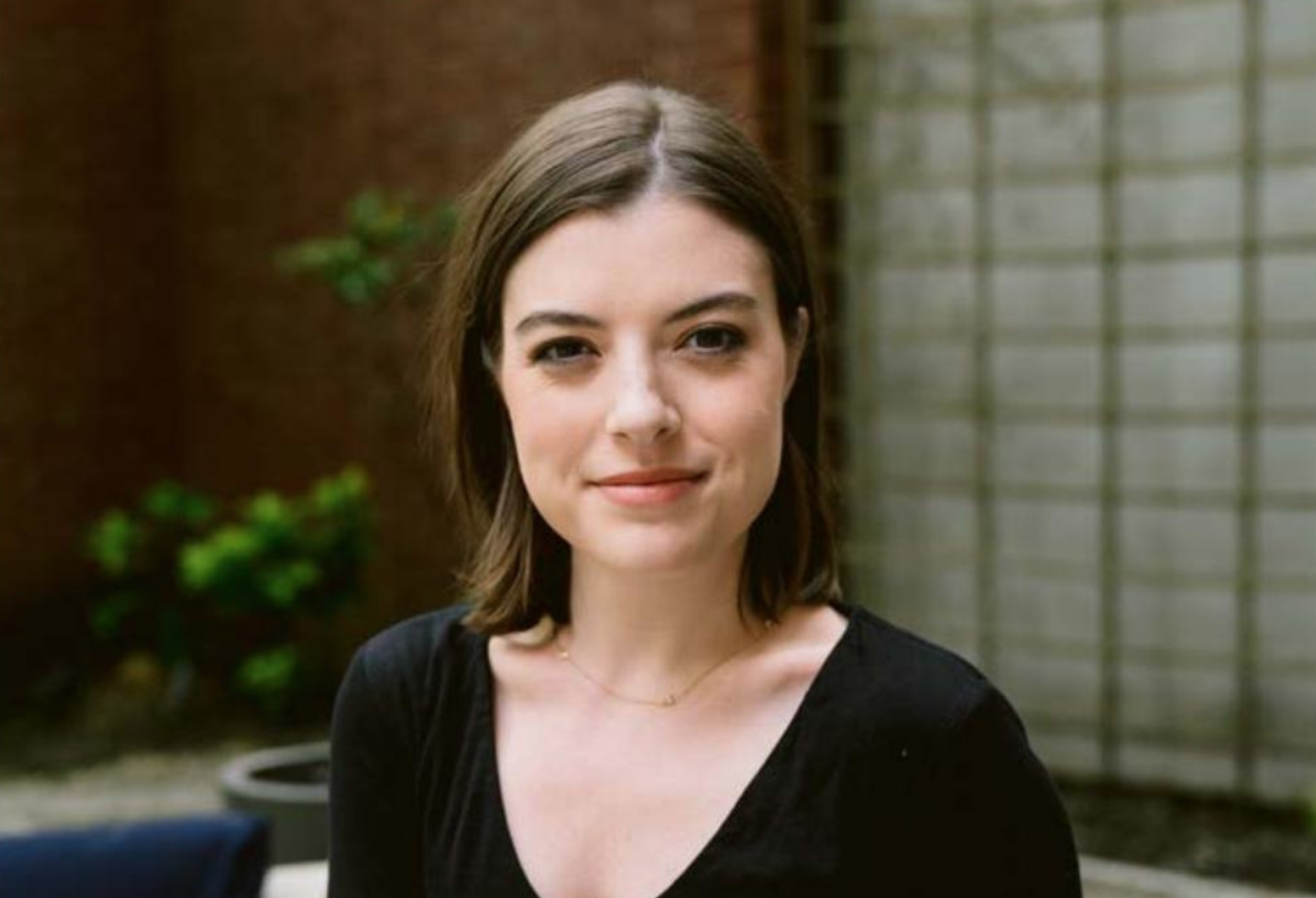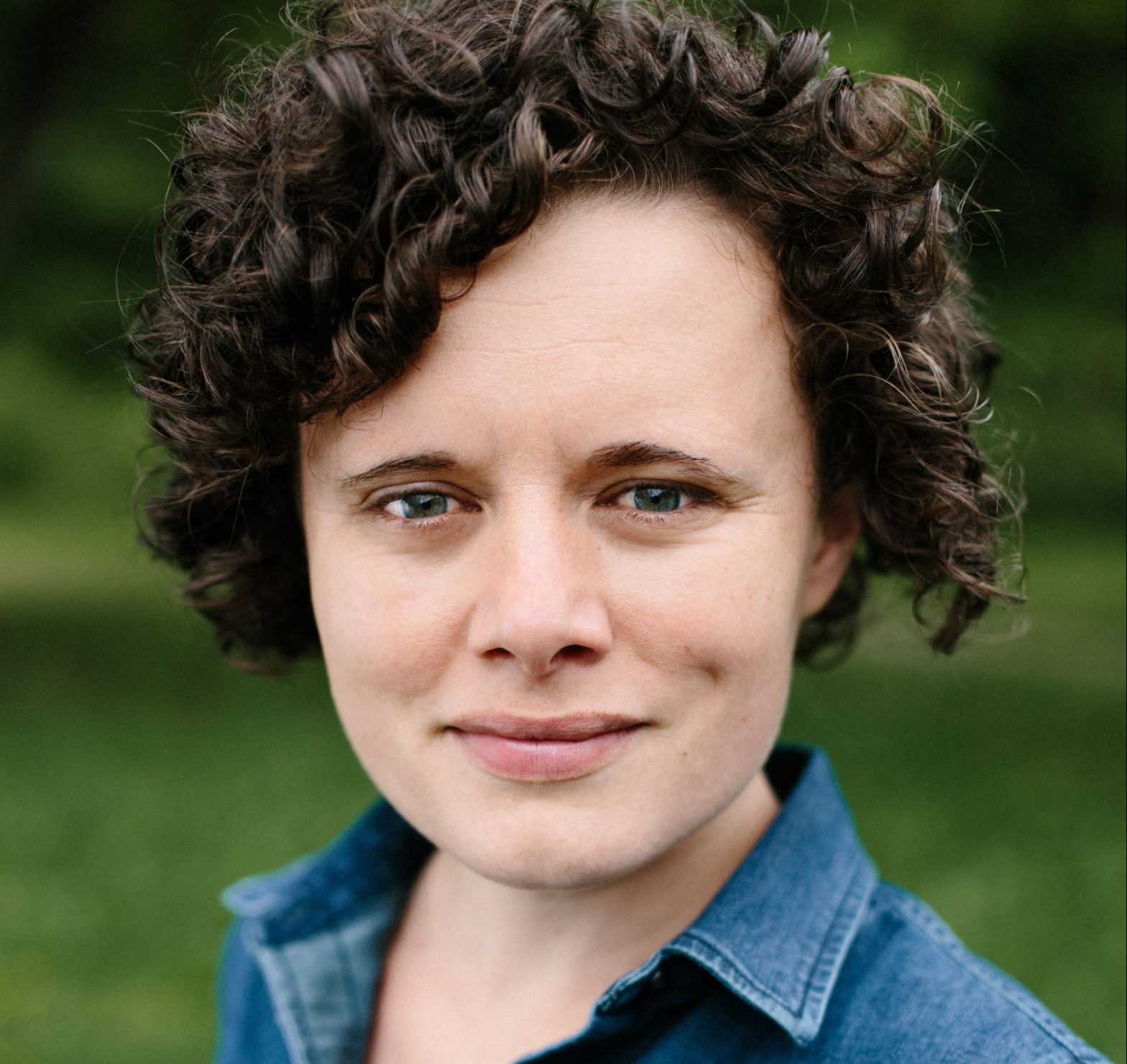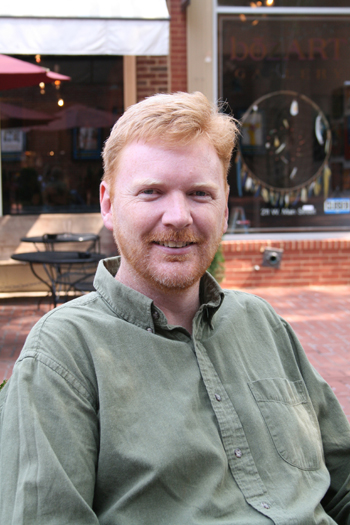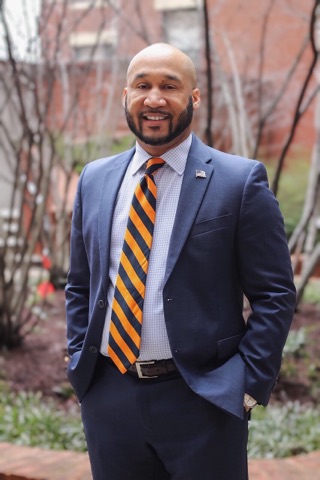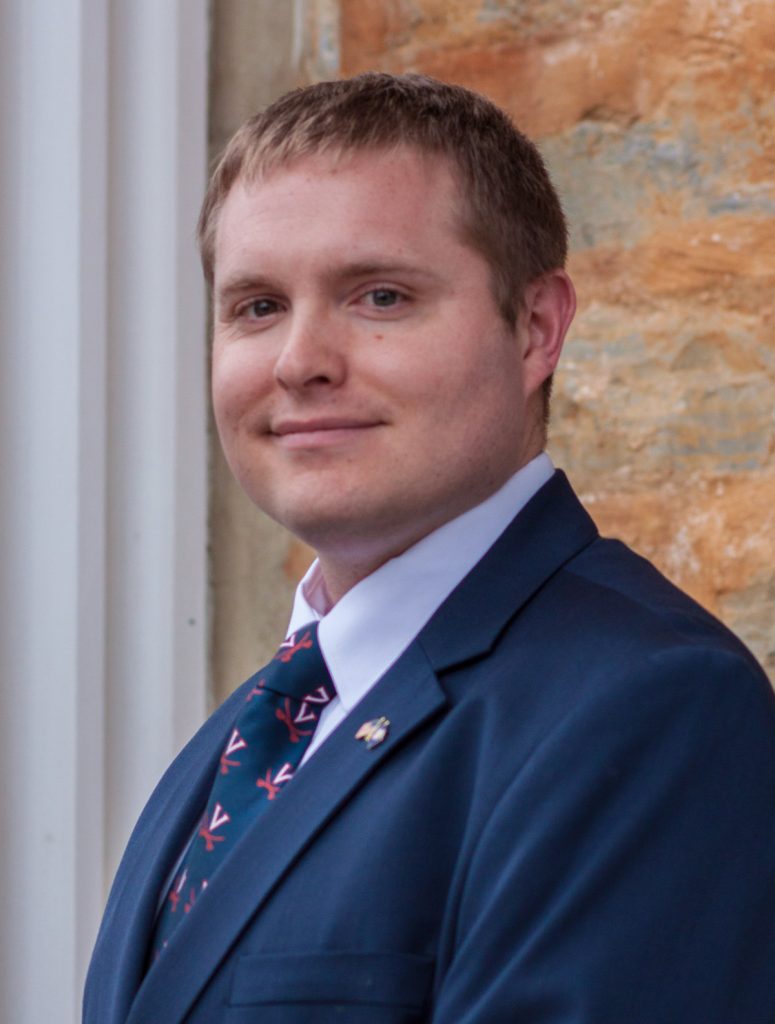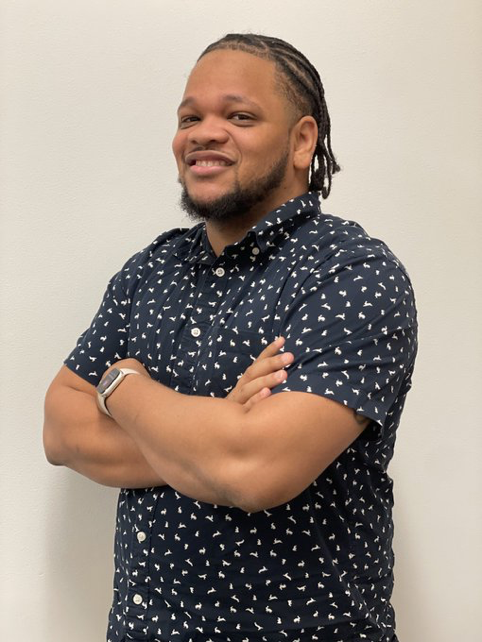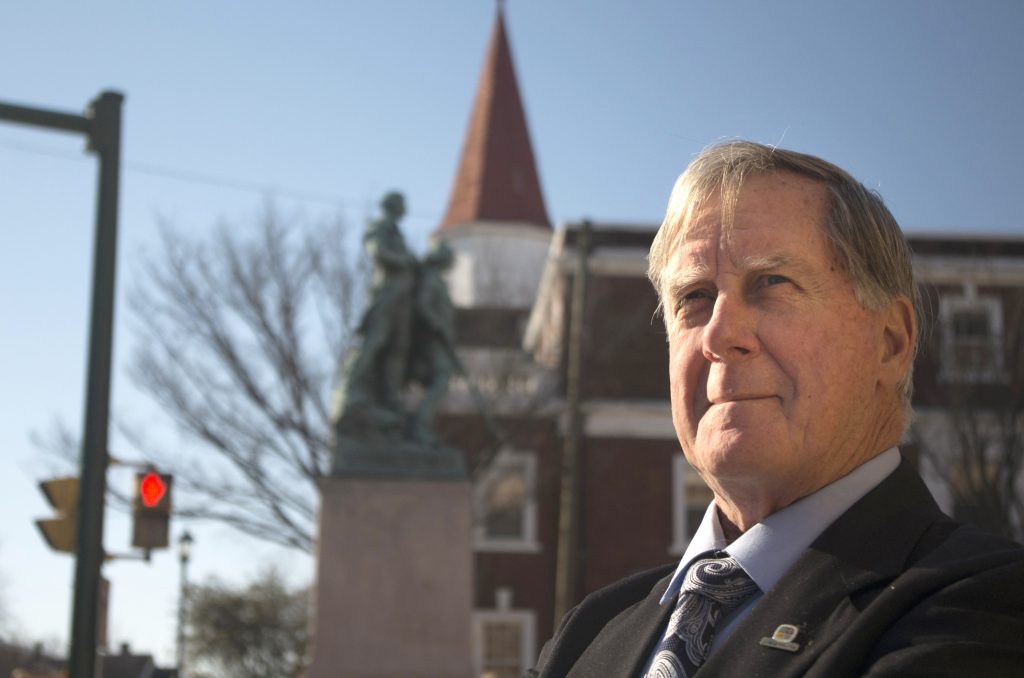After a tense community meeting this July, Stony Point Development Group President Chris Henry has temporarily paused plans to meet with the Charlottesville Planning Commission about phase 3 of the Dairy Market expansion. The proposed project would encroach on the location of several local businesses, bring in new high-rise apartments, and triple the size of Dairy Market’s footprint.
With more eyes on the development proposal than ever before, community members are highlighting the project’s potentially harmful impact on their neighborhood by organizing groups like Respect the Neighbors.
Vizena Howard, president of the 10th and Page Neighborhood Association, has lived in Charlottesville for most of her life. Following a string of broken promises during phase 1 of the project, Howard is critical of Dairy Market’s impact on her neighborhood, and hesitant to believe promises from developers.
“I would like to see it not being as large as they say it’s going to be because we already have a problem with parking … adding more apartments is gonna be worse,” says Howard. “My concern is … if they’re doing this project, they take away the laundromat … what are [we] gonna get? Are they putting anything back? Are you just taking over the whole area the way you want?”
“I think we’re gonna have some meetings and get everybody’s ideas and put it together and fight for our rights,” she says. “That’s what we can do. I mean, we all know what the outcome will be, but I think we’re gonna have enough voices to go ahead.”
Howard’s granddaughter, activist Zyahna Bryant, has been heavily involved in the organizing effort. “I think they have no one reminding them of these things on the inside,” she says. “The expectation is that the neighborhood association, my grandmother, other neighbors will come to [Henry] and spoon-feed him, these things that your DEI or your professional development would tell you on the inside. … Their business model is not built around engaging in the community at its very core. And so since they don’t have that perspective, it’s just an afterthought every single time.”
The feeling of dismissal by developers contributed to the creation of Respect the Neighbors. Since the initial required community meeting held by developers in July, the group has been meeting and leading efforts to increase community engagement at meetings, including Planning Commission and City Council meetings.
While no part of the development is yet in front of City Council, Mayor Lloyd Snook says city leadership, including new City Manager Sam Sanders, is stepping up to help moderate the conversation between residents and developers.
“Matters of the community are important matters to me,” said Sanders at the August 7 City Council meeting ahead of the public comment window. “As I watched the [SPDG community] meeting I became alarmed … there were a number of things that did not sit well with me as well.”
Sanders also mentioned that he has met with Henry and “stressed to him that I do believe it is important for a community benefits agreement to be considered.”
Concerned community members showed up in force to the City Council meeting, with several people using the opportunity to explain their concerns. “I see the future of this city going in a direction that prioritizes incoming new residents that are wealthy white professional workers instead of marginalized community members who have been living in this town for decades,” said Anna Malo. “Stony Point has shown they are … not equipped to listen or fulfill the needs of community members in Charlottesville.”
Despite a strong neighborhood organizing effort, many residents are still skeptical that their actions won’t have an impact on the development. “I have no confidence in City Council,” says Ralph Brown, reverend at CH Brown Christian Center. “They’re gonna be there and do what’s best for them, and then they move on.”
While Brown is not confident in city leadership, he sees other routes for developers to engage the community, including hiring local Black builders and putting promises to the community in writing.
“A very real document has to be put to paper,” says Brown. “You’ve got to make a commitment as a developer, to either identify someone in the African American community to operate a store or get a memorandum of understanding of somebody that you’re putting in there that they will keep prices or have prices as what we call affordable for the poor people that are living nearby.”
“Whenever you have people feeling like they don’t matter, you have a problem. And they consider it an insult,” says Brown. “When you start to affect the lives of people, it’s a throwback to Vinegar Hill.”
At press time, SPDG has not rescheduled its meeting with the Planning Commission.
